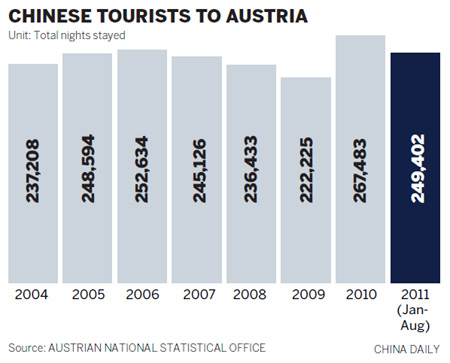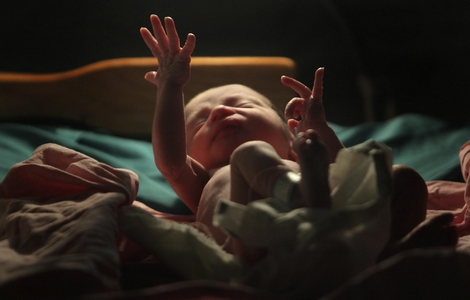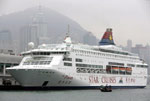Chinese tourists flock to Europe's capital of music
Updated: 2011-10-31 11:11
By Tan Zongyang and Guo Anfei (China Daily)
|
|||||||||||

BEIJING - Shao Yu became fascinated by Austria when she was a little girl after hearing melodies echo in the Musikverein Golden Hall during a television broadcast of Vienna's New Year Concert.
As a student of the piano and a symphony orchestra fan, the 23-year-old made a journey to Vienna, the European capital of classical music, five years ago.
"The garden of Schonbrunn Palace is as beautiful as a painting," she recalled. "I was also thrilled to see swans on the Danube, which I remember seeing on TV."
Impressed by the tranquility and neatness of Austria, Shao, who grew up in Beijing, said she cannot wait to visit the country again.
She is among the many tourists planning a trip to Austria, a nation that this year celebrates four decades of diplomatic ties with China.
In 2004, China granted Austria approved destination status, which allowed Chinese nationals to travel to the country in tour groups.
According to figures from the Austrian National Statistical Office, the number of tourists who had arrived from China reached about 175,000 by the end of August this year, up 49.5 percent compared with the same period last year.
"Chinese tourists usually travel to Austria and neighboring countries such as Germany and Italy in tour groups," said Bai Jiang, manager of European tourism for China Travel Service in Beijing. "The country is attractive to Chinese visitors for its splendid cultural heritage in classic music and the picturesque natural sceneries."
Kot Cheung, CEO and managing director of Vienna-based Birke Travel, said the agency has handled a record number of tourists from the Chinese mainland since June. The weakened euro has made trips to Austria cheaper than before, he added.
Josef Stockinger at the Austrian National Tourist Office said the rise in Chinese tourists, especially since 2010, has benefit the Austrian economy.
"Chinese tourists tend to buy souvenirs, jewelry, watches and other luxury products. Swarovski crystals are one of their favorites," he said.
Chinese tourists are ranked the second biggest spenders in Austria, behind only Russian visitors, Stockinger said, citing statistics from tax refund authorities.
Jiang Yiyi, director of China Tourism Academy's International Tourism Development Institute, said Austria is one of the top five popular destinations in Europe for Chinese due to its various resources.
"Besides traditional tours to experience classic music and ancient castles, more Chinese are buying shopping and self-drive tours," Jiang said.
Given that the number of Chinese tourists has seen an increase, travel agencies are calling for a more liberal visa policy for visitors.
"Obtaining an entry permit is still a complicated procedure, especially for those who want to travel on an individual basis," Bai said. "We hope the policy can be more favorable to Chinese, as experience suggests most visitors have followed the laws of those destination countries."
Related Stories
Tourism revenue grows to $22.94b during National Day holiday 2011-10-09 09:37
Tourism sees surge for National Day 2011-10-08 08:05
Tourism industry on a high in Dunhuang 2011-09-30 16:26
Food, tourism to dominate Malaysian China-ASEAN EXPO 2011-10-15 11:14
- Restructure 'urgent' as population benefit ebbs
- Top financial officials changed in major reshuffle
- Small businesses seek less room to maneuver
- FAW reports $7.88m net loss in Q3
- Beijing's free Wi-Fi will be safe
- It's quality not quantity for Dell
- China train makers' profits slump
- China's first A380 grounded by mechanical fault










